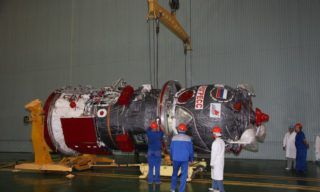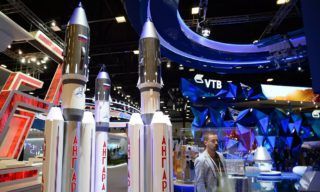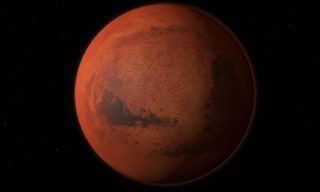European Space Agency and Roscosmos are discussing Europe participation in Russian moon exploration projects, – ESA Head Rene Pischel told the journalists at MAKS-2013 Airshow.
We will discuss this matter on cooperation with Russia at the next Space Agencies Heads Meeting next year. First ESA will take a small part in this project and then it will be developed, – Pischel stated.
In case ESA participation in Russian Moon missions is approved by ESA Meeting, two Space Agensies will sign an agreement on cooperation, Pischel added.


















